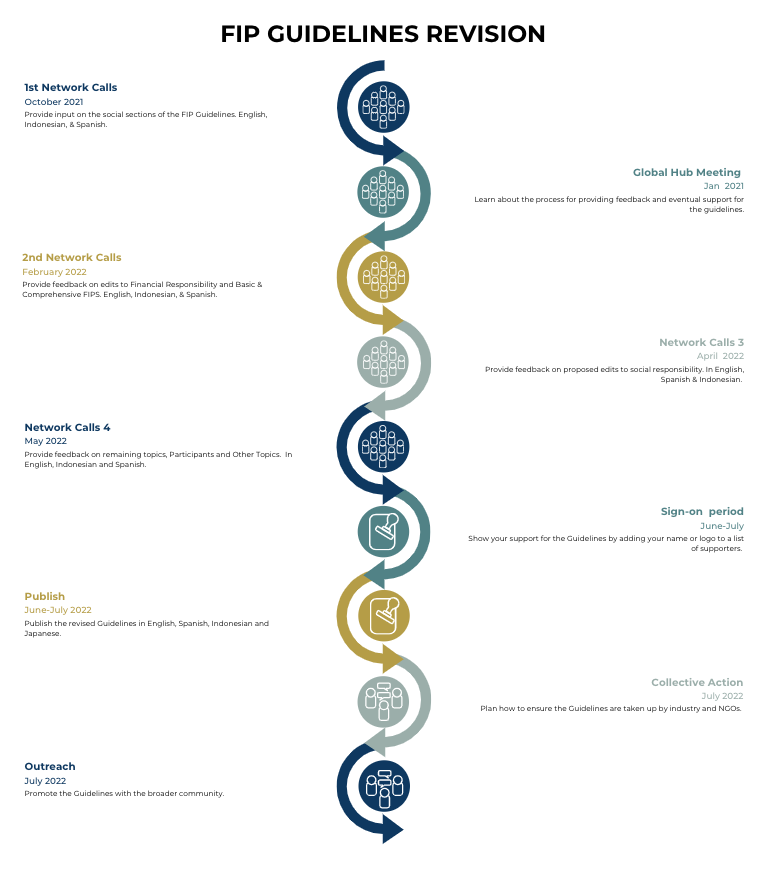Revise the FIP Guidelines to further encourage FIPs to uphold labor rights and embrace social responsibility, climate resilience, economic responsibility, and financial viability.
Overview
The Conservation Alliance’s Guidelines for Supporting Fishery Improvement Projects, first released in 2012, provide the framework for fishery improvement efforts and have helped fishers, environmentalists, and FIP stakeholders understand best practice, structure, and process for Fishery Improvement Projects (FIPs).
Goal
The final Guidelines document will reflect the input of diverse parties and FIP experts and the most recent CEA Consulting FIP Report, and better incorporate social and financial responsibility into the guidelines.
Timeline
July 2021 – June 2022
Working Group

Abrizal Ang
Abrizal Ang is the Vice President of Operations an PT Samudra Mandiri Sentosa, a family-owned Tuna Cannery located in Bitung-Indonesia that exports most of its canned products to Europe, North America, Australia, Asia, and the Middle East. Ang is also one of the founding members of AP2HI and currently serves on the Board of Directors for AP2HI. He is the proud father of three.
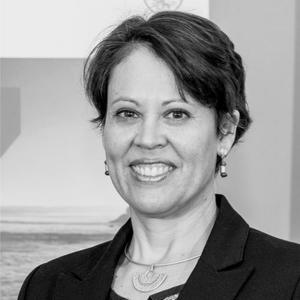
Cecilia Blasco
Cecilia Blasco is the Executive Director of the Mexican NGO SmartFish. She joined the organization in 2016 and leads a committed, multi-disciplinary team that is unlocking market incentives for sustainably caught seafood in Mexico. SmartFish incubates small-scale fisher co-ops to improve their fishing, handling, processing, and business practices to produce premium quality seafood that is independently verifiable as sustainable or improving. Their buyer engagement program follows CASS’ model and supports retailers and food service companies to develop sustainable sourcing policies. Cecilia has over 20 years of experience working on solutions to address environmental degradation and enhance community well-being. She has a Master’s degree in Environmental Science from the Yale School of Forestry and Environmental Studies and a BA in Geography from Dartmouth College. She enjoys spending time in Mexico’s exceptional natural landscapes and paddleboarding in La Paz bay with her dogs.
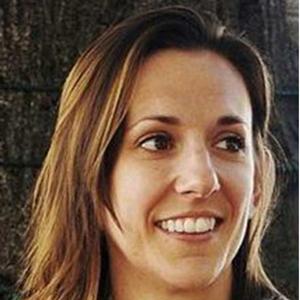
Stephanie Bradley
Stephanie Bradley is a Director of Fisheries in Transition on the WWF-US Oceans Team. Stephanie joined WWF in 2011 and leads the strategic development and effective management and implementation of the WWF-US’ fisheries in transition program and creates linkages to sustainable sourcing strategies developed for WWF’s corporate partners. In this role, Stephanie is responsible for coordinating with WWF Network offices, as well as other NGOs and industry acting as the in-country FIP leads and determining how WWF’s corporate partners can engage in the specific FIPs.
Before joining WWF, Stephanie was the Fisheries Research Manager for the Monterey Bay Aquarium’s Seafood Watch program, where she managed the generation of fisheries content used by consumers and businesses. Stephanie has a B.S in Marine Biology from UNC-Wilmington and a master’s degree in coastal environmental management from Duke University.
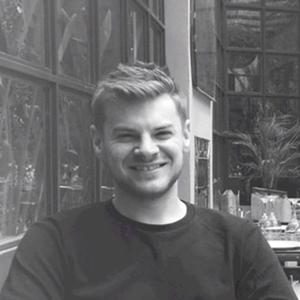
Tom Evans
Tom is a Fisheries Consultant and FIP lead at Key Traceability with extensive knowledge of MSC, ASC, and Marin Trust (formerly IFFO RS) standards. Tom works on Fishery Improvement Projects around the world acting as the project lead to ensure fisheries meet certification by conducting pre assessments and action plans and then implementing them. Tom has been working in this space for the past five years and his main area of work and interests are tropical tuna fisheries and other large pelagic species such as Mahi Mahi and Swordfish.
Tom is based in the UK and in his spare time enjoys rugby, music, and food!
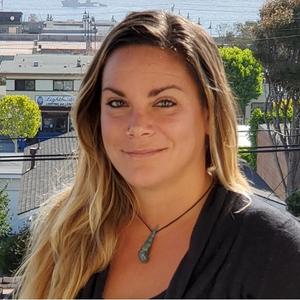
Elena Finkbeiner
Elena is the Coastal Community Fisheries Program Manager within Conservation International’s Center for Oceans. She is also Assistant Adjunct Faculty within UCSC’s Coastal Science and Policy graduate program. She is interested in understanding and improving adaptive capacity and equity within and across fishing communities and integrating a human rights-based approach to fisheries governance. Elena holds a PhD from Stanford University and a Masters in Environmental Management from Duke University.
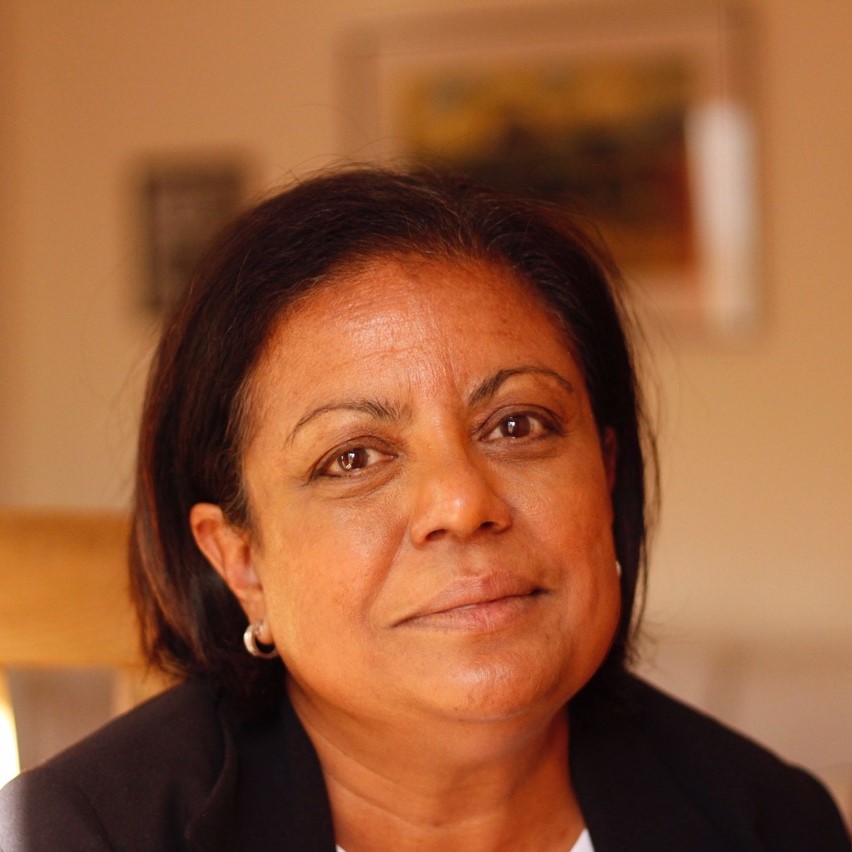
Indrani Lutchman
Indrani (Drin) Lutchman is SFP’s Program Director for FIP Evaluations and External Relations, responsible for FIP progress ratings and maintenance of SFP evaluation tool, as well as SFP’s point person to the Alliance. She is a marine biologist and fisheries scientist with a career focused on advocating for evidence-based decision making and international diplomacy towards conservation goals. She has extensive experience of leading successful projects and programs on marine and fisheries issues in Europe, Caribbean, Antarctica and UK Overseas Territories including the Falkland Islands and Gibraltar funding by governmental and non-governmental donors including the European Commission Parliament, the Oak Foundation, Pew Charitable Trust, Esmee Foundation and the Marine Stewardship Council.
With a sound understanding of the elements of fisheries management and strategic and political experience, she led WWF advocacy campaign during the negotiations of the UN Agreement on Straddling and Highly Migratory Fish Stocks (UNFSA) and the FAO Code of Conduct for Responsible Fishing, and contributed to the establishment of the principles for sustainable fishing – used as the basis for the criteria and principles of the MSC standard. In addition to the Alliance Board, she currently serves on the Advisory Committee (Fishery Progress) and the Improver Programme Application Committee (Marin Trust).
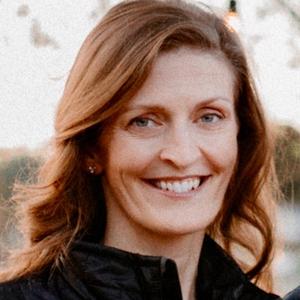
Jesse Marsh
Jesse is the Principal and Manager of Scaling Blue, an independent consultancy founded in 2014. Scaling Blue helps non-profit organizations, foundations, the private sector, and other stakeholders scale their collective impact to achieve more sustainable fisheries and communities. Jesse has 13 years of experience working on FIPs, and currently coordinates the FIP community of practice, connecting FIP stakeholders globally to learn from each other and take action to increase FIP impact. She is also on the FisheryProgress Technical Oversight Committee.
Prior to founding Scaling Blue, Jesse led WWF’s engagement with corporate partners on sustainable seafood and supported the development of FIPs in Southeast Asia, Latin America, the Caribbean, and Africa. Before joining WWF she worked at the Monterey Bay Aquarium. Jesse received a B.A. in Environmental Science from Boston University and a master’s degree in Environmental Management from Duke University. The inspiration for her work began on the waters of Magdalena Bay.
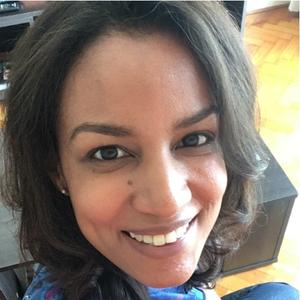
Gabriela McLean
Gabriela Mc Lean is Deputy Executive Director for CeDePesca, a Latin American NGO, since 2009. During her tenure, she has offered specialized technical advice to CeDePesca’s staff and to its partners in seven countries in the region, on the design and implementation of more than a dozen Fishery Improvement Projects. Prior to dedicating herself to supporting Latin American fisheries in their quest for sustainability, Gabriela worked at the Authority for Aquatic Resources in Panama, her home country, as Chief of the Department of Evaluation of Aquatic Resources for two years. She graduated with honors from the University of Panama with a degree in Mathematics, and later specialized in Marine Fisheries at the National University of Mar del Plata in Argentina, where she lived for seven years.
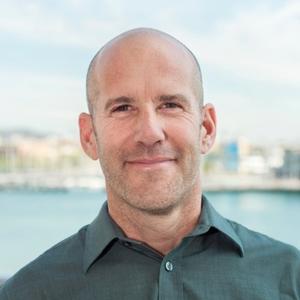
Hoyt Peckham
Hoyt Peckham has worked for more than 20 years to ensure that oceans and those who depend on them thrive. Hoyt is the Director of Small-scale Fisheries within the Global Marine Program of WCS, Previously, he worked to accelerate fisheries improvement as Chief Innovation Officer of Ocean Outcomes. Prior to this, Hoyt founded and led The SmartFish Group, a social enterprise consisting of an NGO and a B-Corp-certified intermediary that together incentivizes more responsible fishing across Mexico. Hoyt has worked on and in fisheries in temperate, subtropical, and tropical waters across a diversity of economies, markets, and segments. Hoyt’s experience as a captain, diver, fisherman, cameraman, ecologist, and serial entrepreneur contributes to his co-development of fisheries and marine conservation solutions. He holds a bachelor’s degree in biology and English from Bowdoin College, a doctorate in evolutionary ecology from the University of California at Santa Cruz, and a Launching New Ventures certificate from Harvard Business School. He is a Pew Marine Conservation Fellow, serves on the boards of SmartFish AC and of the Conservation Alliance for Seafood Solutions and is a strategic advisor to Ocean Outcomes and a sustainability advisor to SeaPact.
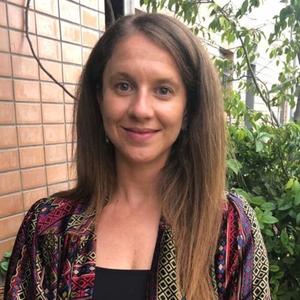
Kimberly Rogovin
Kimberly Rogovin is contracted as the Senior Seafood Campaign Coordinator at ILRF since January 2019, leading the organization’s program to advance workers’ rights in the global seafood industry, with a focus on Thailand. Kimberly has a decade of experience working on labor rights, migration and human trafficking issues in Asia, having managed programs at the ILO in Myanmar on internal labor trafficking, at the Karen Human Rights Group on human rights violations affecting people in Southeastern Myanmar, and at the Issara Institute, where she led research, worker voice and technology initiatives to support Myanmar, Cambodian and Lao migrant workers in Thailand. Kimberly served as an advisor for the ILO Guidelines Concerning the Measurement of Forced Labour released in 2018. She holds a Master of Arts in Human Rights Studies from Columbia University in New York.
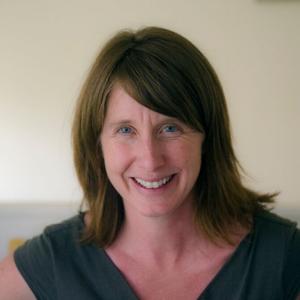
Kristin Sherwood
Kristin Sherwood is the Director of Programs at FishChoice, a technology-first organization that believes online platforms can transform the seafood industry by giving thousands of businesses the information they need to take action on sustainability. Kristin has more than 20 years of experience at nonprofits and foundations, with a focus on developing strategic programs and partnerships that support marine and coastal conservation. Kristin’s role at FishChoice is to oversee the tools and activities needed to ensure the long-term success of the organization’s two primary programs, FishChoice.com and FisheryProgress.org.
Over the last five years, she has led the growth and adoption of FisheryProgress.org – the one-stop-shop for tracking fishery improvement project (FIP) progress. The site now has 95% of global FIPs listed and thousands of users from around the world. Kristin is currently spearheading an effort to integrate social responsibility and human rights reporting with environmental reporting on the website. Before joining FishChoice, Kristin launched the Conservation Partnership Initiative for The Nature Conservancy, a capacity-building program that supported robust partnership development across the Conservancy’s regions and programs. Prior to that, she was a Program Officer at the David and Lucile Packard Foundation and led the 5-year Coastal Ecosystem-based Management international grant-making program. Earlier in her career, Kristin lived abroad in Belize, Palau, and the Philippines and worked on community-based coral reef conservation issues. She holds a Master’s degree in Environmental Resource Management from James Cook University in Australia. Kristin is an avid traveler and finds great joy in walking for miles in unknown cities, exploring markets of all kinds, taking photos, doing yoga, and snorkeling or SCUBA diving when near an ocean.
